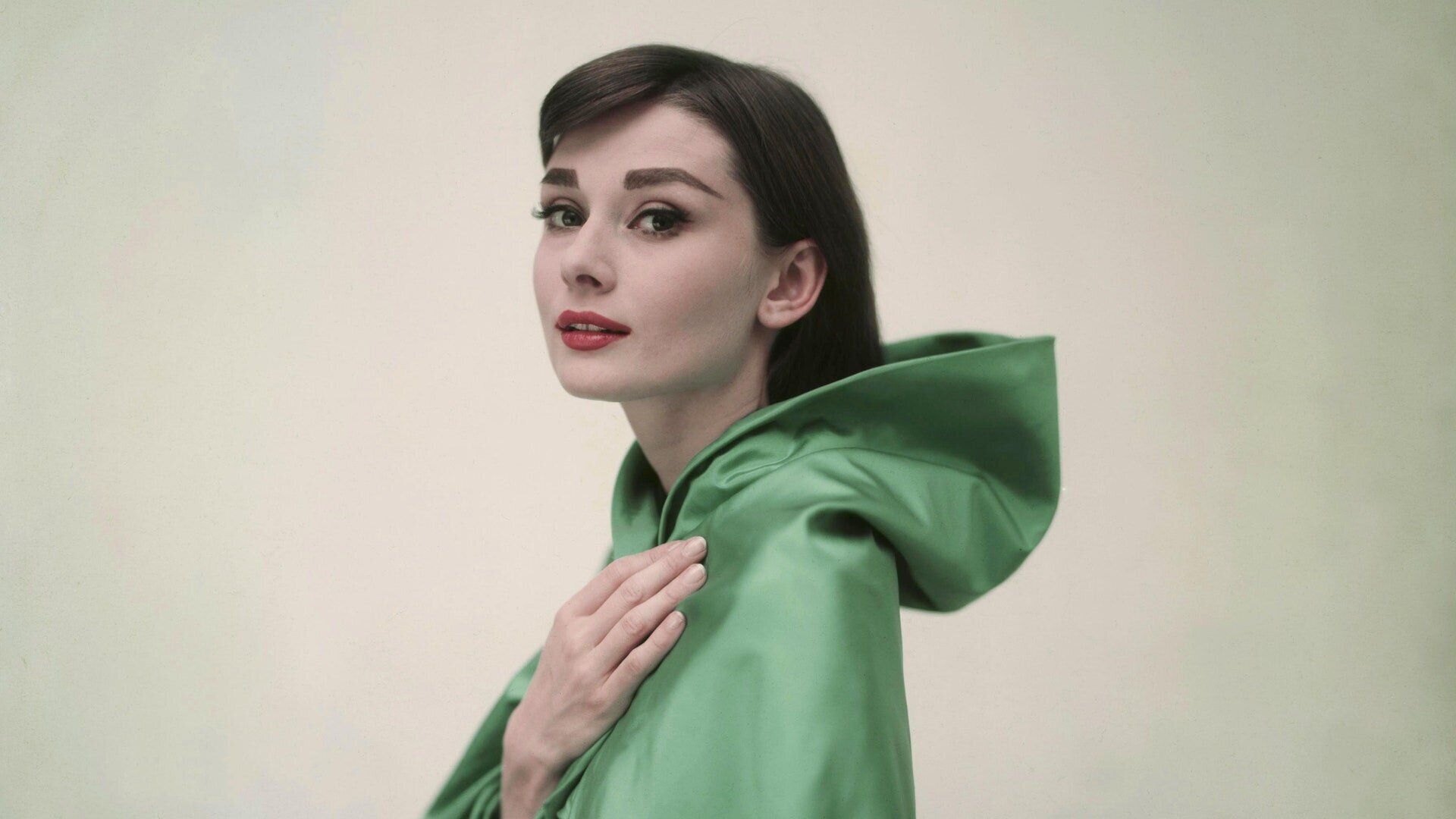Audrey
A documentary that does justice to a film star who stood out from all the others.
Whenever a documentary takes as its subject an actor or a film director it's usually a safe assumption that the focus will be much more on the career than on the life. However, Helena Coan's film about Audrey Hepburn is an exception to the rule and that fact makes Audrey all the more memorable. To the extent that it basically unfolds in chronological order it conforms to pattern, but at the outset it gives due weight to her years growing up during the Second World War in occupied Holland and to her having to adjust to having a father who was in any case a blackshirt and who would be absent from her life (there was a brief and unsatisfactory reunion 25 years on). The family members who appear in this film are her son Sean Hepburn Ferrer and her granddaughter Emma and they are joined by friends and acquaintances and by a few representatives from the film world (the critic Molly Haskell, the director Peter Bogdanovich and the actor Richard Dreyfuss). But the most striking storytelling contribution comes from Audrey Hepburn herself through the many recorded comments she made about her own life. This aspect also reminds us of just what a fine instrument she had in that instantly recognisable voice - yet in a film that recognises her iconic status, her star quality and her notable sense of style that is a feature not directly mentioned.
Audrey is not a flawless film and inserting brief dance scenes at intervals just because she had started out wanting to be a dancer feels misguided - and especially so when the device is used one more time in the rather drawn-out final scenes. Hepburn made enough films for it to be forgivable that not every one of them earns a mention but, unless there were copyright problems, it is bizarre that those ignored include The Nun's Story (1959) and the most memorable of those later films which followed a decade away from the cinema, 1976's Robin and Marian (indeed more should have been said about the reasons why she returned to filming and about how she chose the projects in which she appeared).
However, such deficiencies matter little compared to the film's ability to give a rounded portrait of Audrey Hepburn's life, her two troubled marriages and her love of children which would influence her in becoming an ambassador for Unicef in her last years. If the film extracts amply remind us of Audrey Hepburn's unique appeal, even more striking is the impression that we get of her as a thoughtful, intelligent person for whom her film work and her celebrity were not the most important things in her life. The film feels honest in its depiction of the bad times (not least her second marriage to the adulterous Andrea Dotti), but that only adds to our sense that her on-screen attraction grew directly out of an inner radiance, an optimism that events could not dim. No other actress had that in quite the same way and Audrey captures that special quality and thus makes this a documentary truly worthy of her regardless of any criticisms that one may make about it .
MANSEL STIMPSON
Featuring Sean Hepburn Ferrar, Emma Kathleen Hepburn Ferrar, Molly Haskell, Anna Cataldi, Mita Ungaro, John Isaac, Marilena Pilat, Andrew Wald, Richard Dreyfuss, Peter Bogdanovich, Michael Avedon, and the dancers Alessandra Ferri, Francesca Hayward and Keira Moore.
Dir Helena Coan, Pro Nick Taussig and Annabel Wigoder, Ph Simona Susnea, Pro Des Alexandra Toomey, Ed Mark Keady, Music Alex Somers, Costumes Harriet Kendall, Choreography Wayne McGregor.
Salon Pictures/Head Gear Films/Bohemia Media-Universal Pictures.
100 mins. UK/USA. 2020. Rel: 30 November 2020. Available on VOD and on DVD. Cert. PG.


